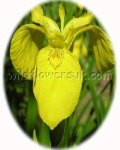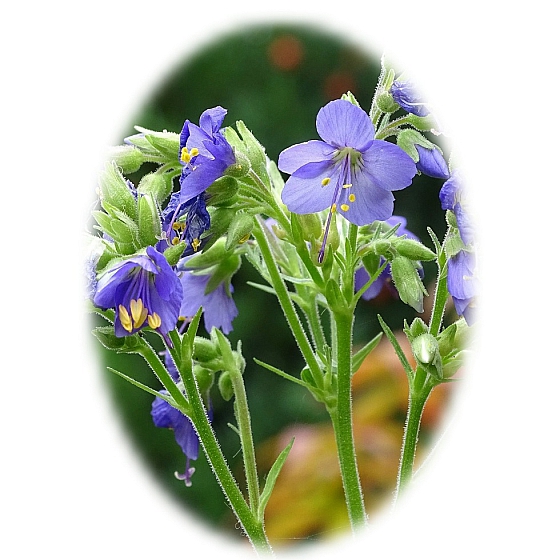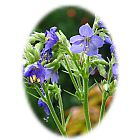Perfect for pollinators
Jacob’s Ladder –Polemonium Caeruleum – is found in rocky woodlands and meadows in the North of England. In gardens it will tolerate semi-shade and can be grown for its decorative foliage in a sunny flower border. Jacob’s Ladder attracts a range of insect life such as Bees, and Butterflies. It has beautiful blue flowers that appear mainly in June and July and bight green foliage that resembles the steps of an old ladder. Jacob’s Ladder looks best alongside other native plants that grow well in sunny borders such as, Musk Mallow Lady’s Bedstraw, Viper Bugloss, Oxeye Daisy and Common Evening Primrose.
How to grow Jacob’s Ladder Seeds
Jacob’s Ladder seeds can be sown in spring or autumn, outside, where they are to flower and covered lightly with soil. Once established Jacob’s Ladder will self-seed readily.
RHS Perfect for Pollinators.
The RHS Perfect for Pollinators mark is only given to plants that support pollinating insects in gardens. Bees, butterflies, moths, hoverflies and many others visit flowers to feed on nectar and pollen; while doing so they transfer pollen and increase seed set and fruit development. Find out more at: rhs.org.uk/plants
To discover more plants for Bees, simply enter the word "pollinators" into the search box above.
To buy Jacob’s Ladder seeds
To purchase Jacob’s Ladder seeds, please select a quantity above and click add to cart. To ensure the best chance of success, we sell all of our wildflower seeds by weight, which ensures each wildflower seed packet contains a good quantity of seeds. The recommended sowing rate is 1 gram per square metre. All of our Wildflower seed packets contain seeds of Native British provenance.
Summary
type - perennial,
colour - Blue, height - 30 to 90cms,
flowering months – June July,
habitat – Rocky Woodlands, Upland limestone Meadows
Attracts Bees, Butterflies






 added to basket
added to basket